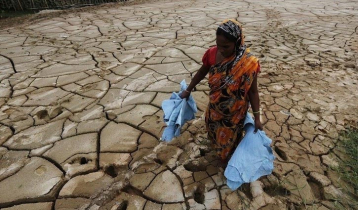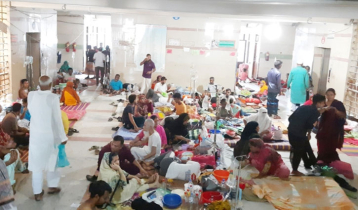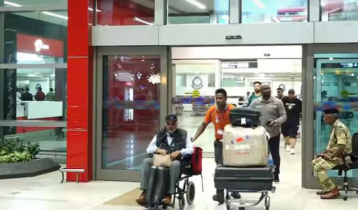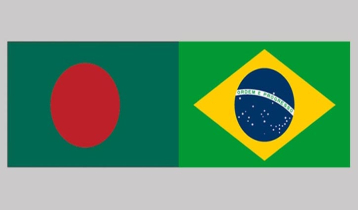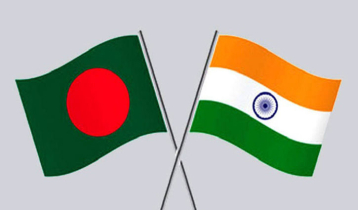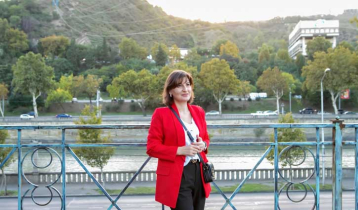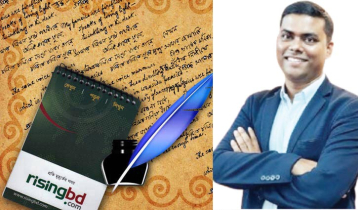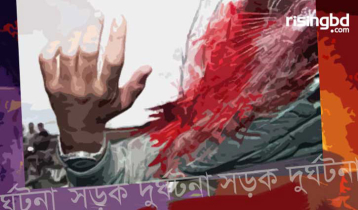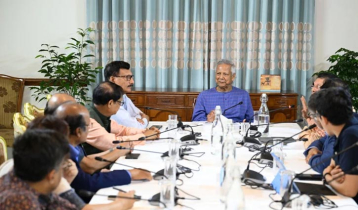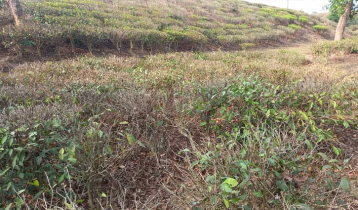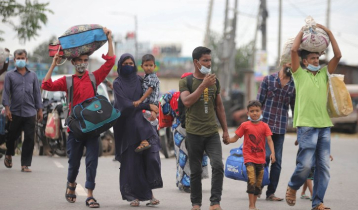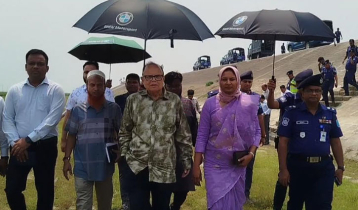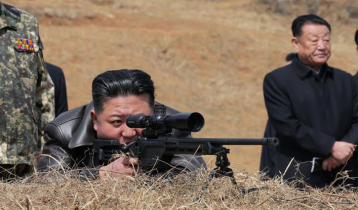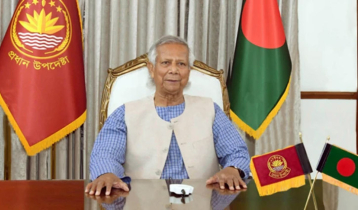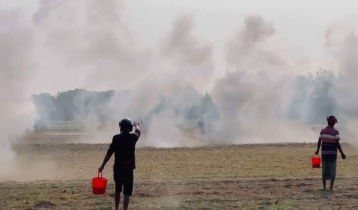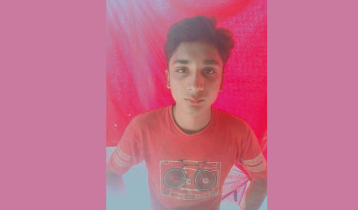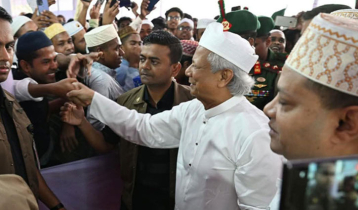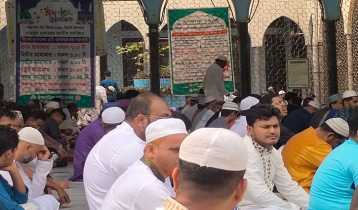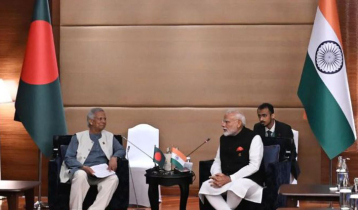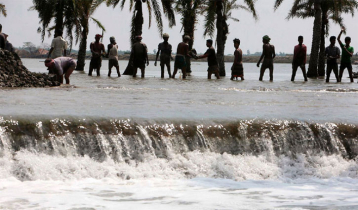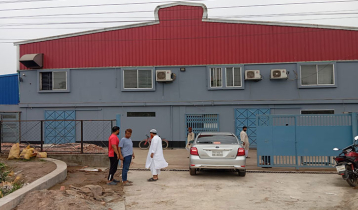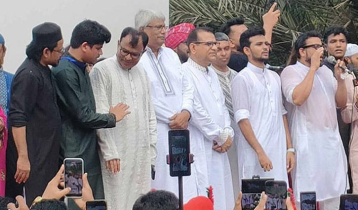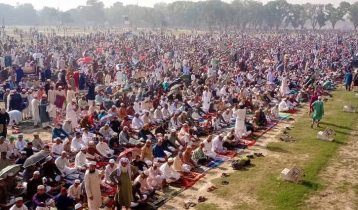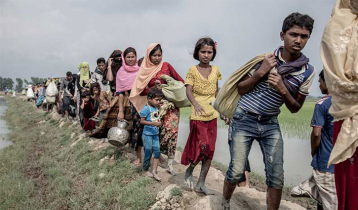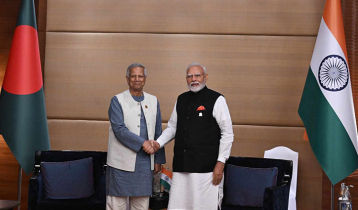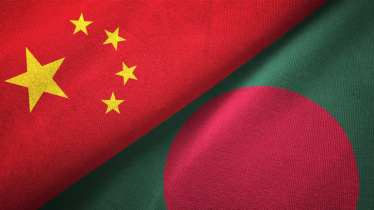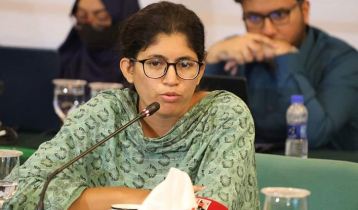World’s first corporal punishment case goes to the UN
Frank Peters || risingbd.com
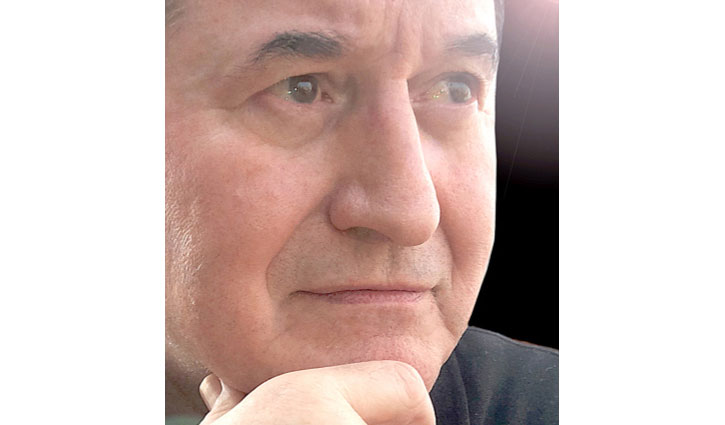
A Teenage Sri Lankan girl has lodged a case at the United Nations’ Human Rights Committee (UNHRC) against the use of corporal punishment.
In her submission, Adriana Wickramanayaka Cutter, now 14, detailed the relentless appalling corporal punishment abuse she experienced at her school in Sri Lanka, when she was just 11-years-old.
Adriana is asking the court to protect all children in Sri Lanka and throughout the world from corporal punishment, and to put an end to conflicting legislation in her country, which has created a loophole allowing child assaults.
The case has been in urgent need for decades and is believed to be the first of its kind accepted by the top UN body. It is expected to have great impact on putting an end to a culture of child assault worldwide.
“Many countries have banned the use of corporal punishment to children for solid wholesome reasons. Just this week South Korea became the 62nd country to join the honourable Roll of Honour,” said Sir Frank Peters, a humanitarian who has led an anti-corporal punishment crusade in Bangladesh for over ten years.
“If corporal punishment had some value, perhaps one could argue in favour of a measured restricted use, but it has no benefits whatsoever, not even the slightest. Corporal punishment is entirely powered by ignorance. Even the so-called ‘teachers’, who know deep down it’s immoral, worthless as a tool of discipline, against the teachings of the Holy Books and spits on humanity values, continue the evil practice. It’s from these people the children and society itself need protection.
“There have been literally thousands upon thousands of studies worldwide conducted on corporal punishment, but not one… not a single one … has emerged in favour of the practice,” he said.
In 2011, Supreme Court Justices Md. Imman Ali and Md. Sheikh Hasan Arif outlawed corporal punishment in schools and madrasas throughout Bangladesh and declared it ‘cruel, inhuman and degrading treatment and a clear violation of a child’s fundamental right to life, liberty and freedom’.
Like many children at school in Bangladesh, Adriana was subjected to repeated blows to the head, painful bouts of ear pulling and demands to kneel before male teachers in front of the class, as forms of corporal punishment.
When her parents complained, the school waged a bullying campaign against Adriana, and her brother Alex Wickramanayaka Cutter, now 18, which lasted almost two years.
Adriana and Alex are the children of former Sri Lankan Prime Minister Ratnasiri Wickramanayaka and founder of the Stop Child Cruelty Trust. Its aim is to put at an end to a culture of child assault in Sri Lanka and around the world.
“If children are the future of all nations, as we all know they are, it is outrageous to beat them or allow them to be beaten and, perhaps, maimed mentally or physically for life. Nobody in his or her right mind would go through their garden beating flowers with sticks and expect them to be unharmed. A damaged child today is the broken adult of tomorrow and that brings no pride or glory to a nation,” said Sir Frank.
“Our iconic Prime Minister Sheikh Hasina recently promised all the children of Bangladesh a better future. The children have emerged from the shadows and are now in her focus. Bravo! Bravo! Bravo!
“By eliminating corporal punishment, alone, will greatly increase their chances of them excelling in their studies and exam result and opening doors for them to a better life, making Bangladesh a better nation. No adult wants to recall his or her school years with tears in their eyes and sadness in their hearts, “Sir Frank added.
Frank Peter/Nasim

